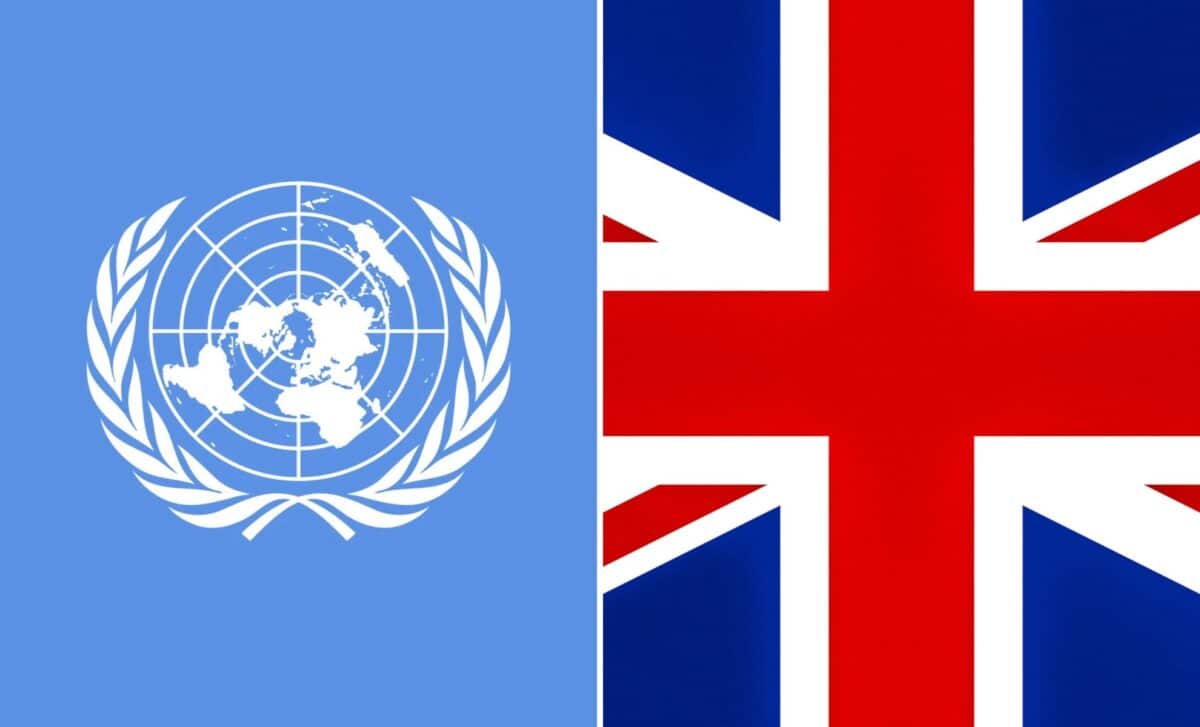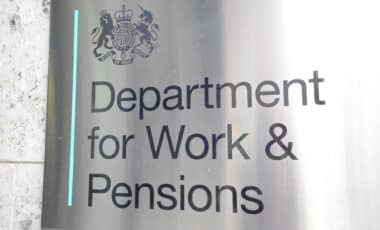The United Nations (UN) has urged the UK government to remove the two-child limit on benefits and eliminate the five-week wait for Universal Credit, warning that these policies contribute to rising poverty.
The call comes amid growing concerns over economic hardship in the UK, with campaigners highlighting the impact on low-income families.The UN’s intervention reflects wider concerns about poverty levels and welfare policies in Britain.
The report underscores that current measures disproportionately affect children and vulnerable households, prompting renewed scrutiny of the government’s approach to social security.
UN Report Highlights Impact of Benefit Restrictions
According to the UN, policies such as the two-child limit and the five-week wait for Universal Credit exacerbate economic hardship for low-income families. The restriction, introduced in 2017, prevents parents from claiming benefits for a third or subsequent child, a policy critics argue deepens child poverty.
Jess McQuail, director of Just Fair, a UK-based charity advocating for economic and social rights, stated that the government’s welfare policies do not align with its human rights commitments. She emphasised that these decisions “undermine rights” and contribute to financial instability.
The UN’s recommendations call for the removal of these restrictions to ensure that families have access to adequate financial support. Campaigners argue that without these changes, poverty levels will continue to rise, placing greater strain on public services and social infrastructure.
Government Defends Welfare Policies Amid Criticism
In response to the report, a Department for Work and Pensions (DWP) spokesperson defended the government’s approach, stating that efforts are being made to support low-income households.
According to the DWP, initiatives such as the Living Wage increase and adjustments to Universal Credit repayment rates aim to improve financial stability for struggling families.
Lord John Bird, founder of The Big Issue and crossbench peer, echoed concerns raised by the UN, stating that the government must take poverty seriously. He warned that inaction could have long-term consequences for public services such as the NHS, which often bear the burden of poverty-related issues.
The government maintains that its welfare strategy is designed to provide targeted support while ensuring economic sustainability. However, with mounting pressure from the UN, charities, and public figures, questions remain about whether these measures are sufficient to address the root causes of poverty in the UK.









